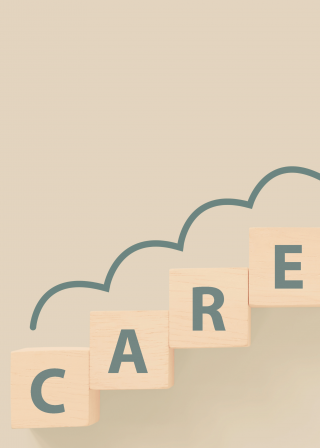Career progression is the path to moving ahead in your professional life. It involves steps you take to reach your career goals, like learning new skills, gaining experience, taking on more responsibilities, and becoming an expert in your field. You can progress in different ways, like moving up in a company, changing careers, or starting your own business.
The idea of career progression has changed over time. It used to be a straightforward climb up the job ladder, but things are different now. The job world is more diverse and flexible. Today, career progression often means making lateral moves, switching jobs, and finding growth opportunities both inside and outside a company.
Your education, skills, experience, and network can all impact your career progression. For example, having advanced degrees can make it easier to move up. If you don’t have formal education, your work experience and skills become crucial for moving forward. Strong networking skills and a good reputation in your field can also open up more career opportunities.
Career development is about setting and achieving your career goals. It’s like a journey where you set goals, assess your skills and interests, explore different career options, and learn what you need to succeed. This process continues throughout your life and includes personal growth and professional learning. It’s not just about climbing the job ladder; it’s about becoming a better version of yourself.
Unlike career progression, which is about moving up, career development is broader. It focuses on personal growth, exploring different careers, and always learning new things. You can do various things to develop your career, like finding mentors, taking courses, getting more education, or networking with people in your industry. Ultimately, career development helps you build a fulfilling and meaningful career that matches your values, interests, and skills.
